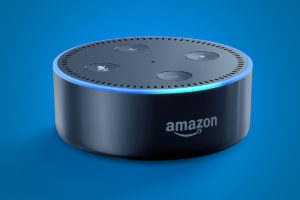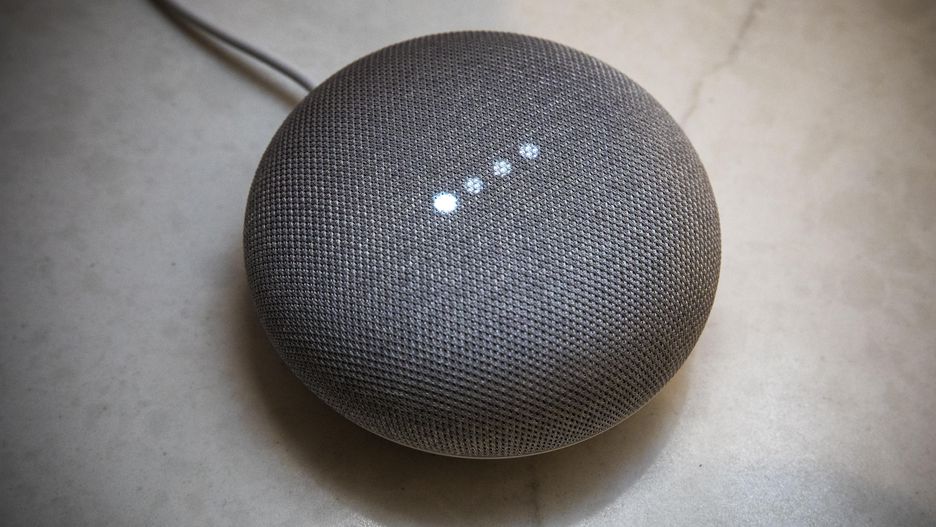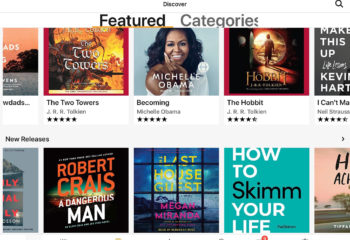It should come as no surprise that the voice-activated smart speaker is a favorite technology product for people with vision loss. Finally, a talking technology that is truly uncomplicated and incredibly intelligent.
If you don’t yet have one, chances are you soon will. According to Smart Speakers Statistics: Report 2021, the largest consumer of smart speakers is the United States. Amazon currently leads the pack however, by 2025, the annual unit sales for smart speakers could reach 300 million with Google projected to grab a 50% share of the market.
Just for starters, the speakers enable voice interaction with the internet, family, friends, home appliances and fixtures, news, shopping and entertainment. Often called voice assistants, they are known to most of us on a first name basis as Alexa, Google, and Siri. From their earliest stages of development, smart technology has been a dream come true for everyone because it truly does makes life a little easier.
The speakers are sold in a range of prices from $30 to $250, depending on the size and the sound quality. Smart hubs may combine a speaker with a display screen and run upwards of $250. The functionality of voice assistant Alexa and Google is consistent in all size speakers regardless of price. Apple recently introduced the HomePod Mini at $99 to replace the original high end HomePod (priced at $349). Unfortunately, Apple’s Siri still ranks way behind Google or Alexa, in terms of job performance.

Amazon Echo Dot. Credit: Time
Amazon announced they will reallocate company resources to maximize the Echo Alexa business. Google and Apple will do their best to elevate their assistants to try and outdo Alexa. We’ll see plenty more competition from the likes of Microsoft, Samsung, LG, and others. That means more choices and even better technology to come.
The thrill of turning on the lights with your voice is here for the asking. The speaker can become the hub for your smart home. Wifi connected outlets make upgrades easy to execute and there are thousands of Alexa, Google, and Siri compatible products on the market already.
Here are just some of the things you can do with your smart speaker:
- Play music by artist, song, album or genre
- Get the news
- Set a timer or an alarm
- Listen to popular podcasts or radio
- Find a TV program
- Get calendar events and reminders
- Get weather, traffic, travel and flight information
- Turn on the lights
- Check the dictionary for spelling and definitions
- Control the thermostat
- Play games
- Calculate simple and complex mathematics
- Create a shopping list
- Cook with step by step recipes
- Answers a multitude of questions
- Request a Lyft
- Get stock quotes
- Find a restaurant or local business
- Turn on the lights
- Find out what movies are playing locally
The setup process begins with an app downloaded to your smartphone. This is exactly where we became acquainted with our first virtual assistant, Siri. Visually impaired iPhone users were delighted to be among the earliest beneficiaries of this accessible technology, and now it’s nice to see everyone else follow.
Main image credit: Google
This post was originally published on Feb 16, 2018 and updated Sep 23, 2022







